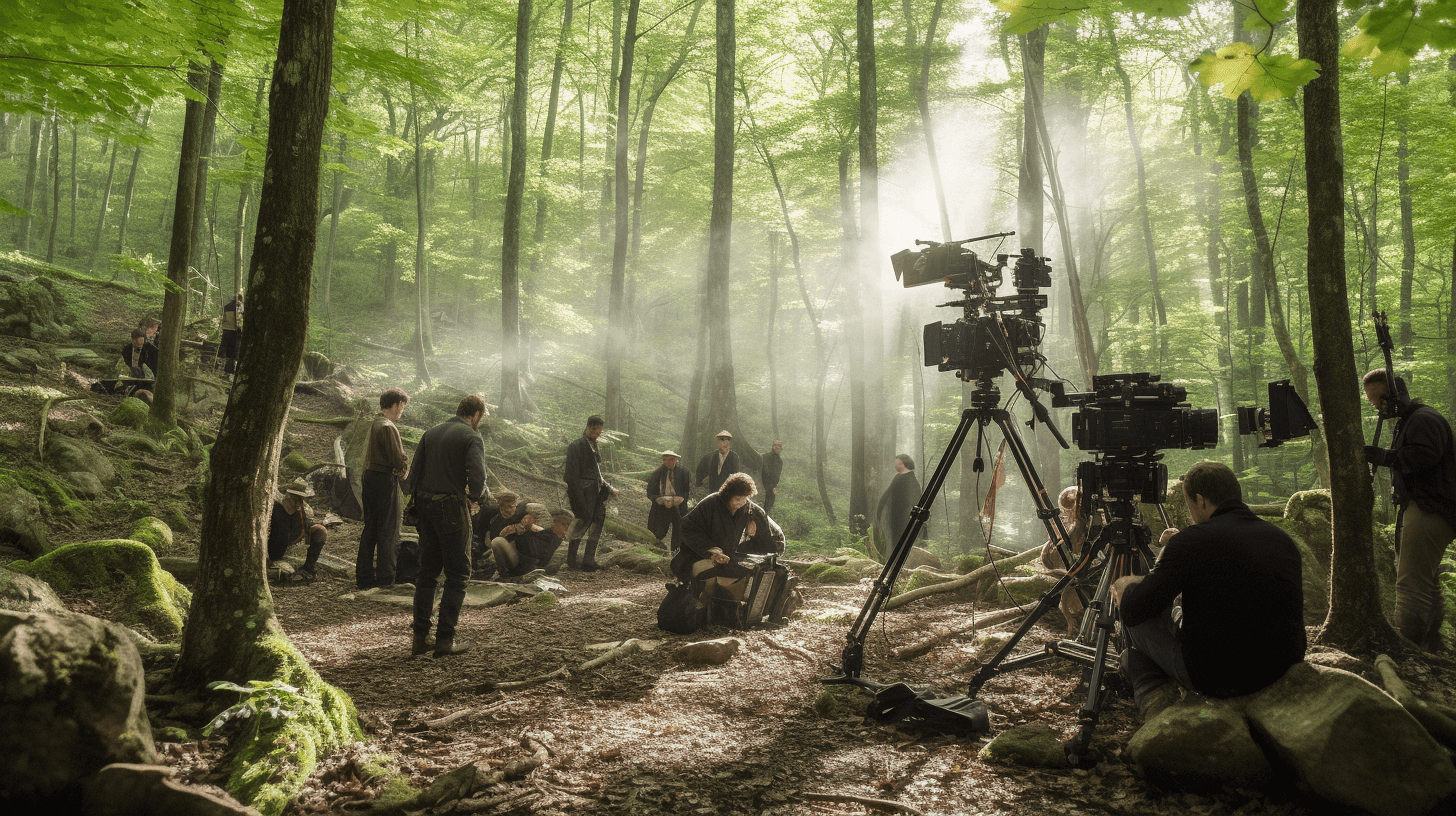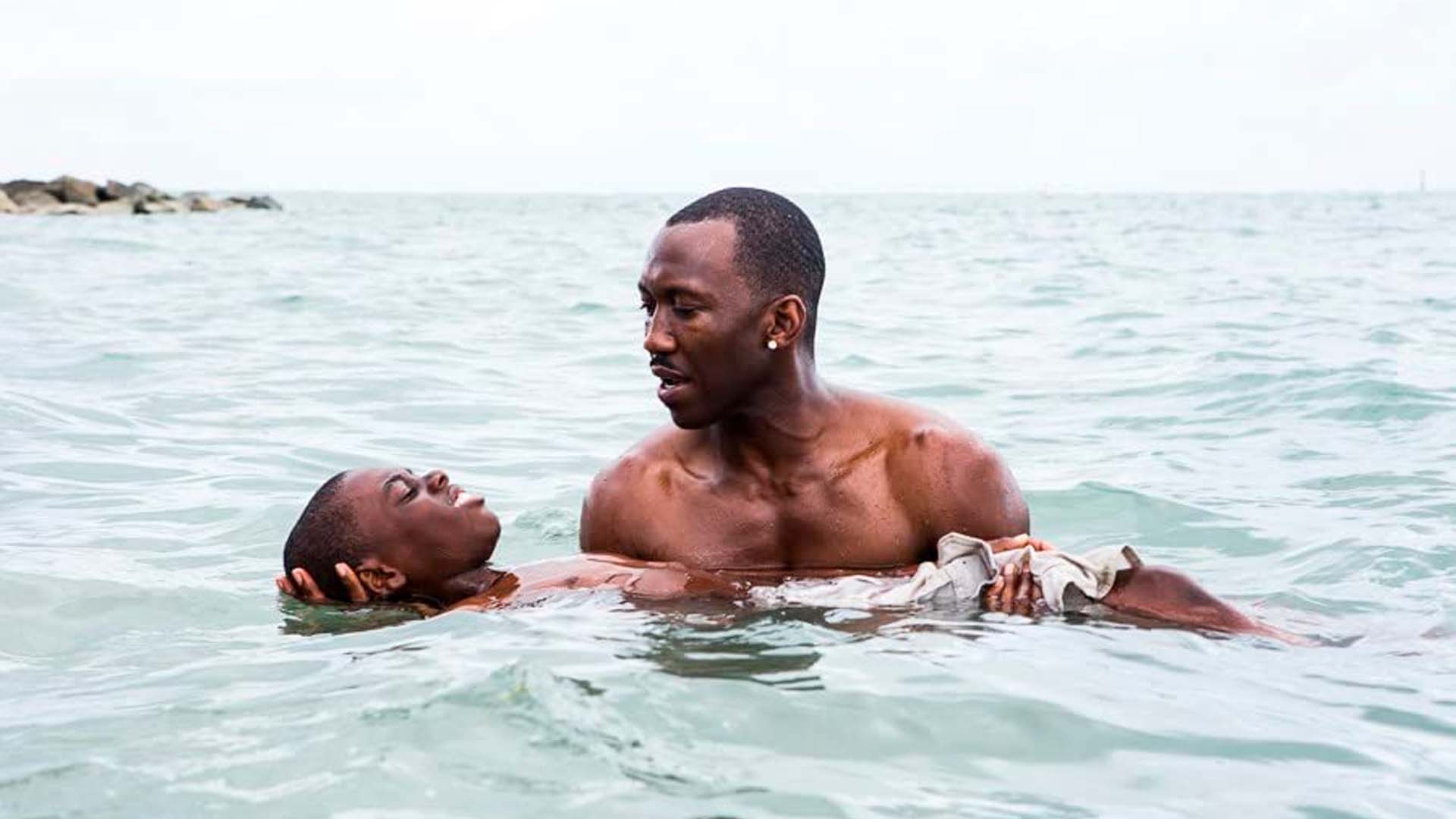Mastering negotiation: The art of dealing with your film crew
In the realm of film production, negotiation isn't just a skill – it's an art. From setting expectations to resolving conflicts, negotiating with your film crew forms the backbone of successful filmmaking.


This article delves into the importance of negotiation, essential skills, and the best strategies for negotiating in the world of film production.
Understanding the importance of negotiation in film production
Negotiation is a cornerstone of effective film production. Navigating diverse personalities, skills, and expectations requires finesse and understanding. Negotiating with your film crew ensures everyone is aligned with the project's goals and objectives. This not only promotes a harmonious production environment but also helps streamline the filmmaking process, keeping everything on schedule and within budget.
Essential skills for negotiating with your film crew
Successful negotiation is not a matter of winning or losing but creating an environment where everyone feels heard and valued. Here are some crucial soft skills to foster successful crew negotiations and mutual understanding:
- Active listening: Actively listening to the crew's concerns and suggestions can create an atmosphere of mutual respect. It conveys to the crew that their input is valued, leading to a healthier work environment.
- Empathy: Understanding the perspectives and feelings of your crew can help in resolving conflicts and reaching agreements that satisfy all parties involved. An empathetic leader can foster a more harmonious and productive crew.
- Clear communication: Be transparent about your expectations, goals, and constraints. Effective communication reduces the chances of misunderstandings that can lead to conflicts.
- Flexibility: Being adaptable and open to change is crucial, especially in the dynamic environment of film production. By showing willingness to adjust and compromise, you can motivate your crew to do the same.
- Assertiveness: While being open and understanding is essential, it's also necessary to assert your standpoint when needed. Assertiveness combined with empathy can ensure that the direction of the project stays on track without disregarding the crew's concerns.
- Patience: Film production can be high-pressure, and disputes might take time to resolve. Patience can help maintain a calm atmosphere, which is conducive to productive negotiations.
The art of avoiding conflicts
While it's crucial to resolve conflicts effectively when they arise, preventing them from occurring in the first place is even more beneficial. Here are some strategies:
- Set clear expectations: From the beginning, clearly communicate your expectations regarding the project's timeline, responsibilities, and performance standards.
- Promote open communication: Encourage your crew members to voice their concerns and ideas. An environment where people feel heard can nip potential conflicts in the bud.
- Regular feedback: Provide and seek regular feedback. It can help address issues before they escalate into conflicts.
- Lead by example: Model the behavior and work ethic you expect from your crew. A respectful and positive attitude can foster similar behaviors within the crew.
- Recognition and appreciation: Acknowledge the hard work and contributions of your crew. Feeling valued can significantly reduce dissatisfaction and potential conflicts.
Negotiation, when handled with these skills and an understanding mindset, can pave the way for a successful film production, where everyone feels acknowledged and heard. After all, a movie set that thrives on collaboration and understanding can often deliver a masterpiece that resonates with audiences worldwide.
Strategies for successful negotiation
To successfully negotiate with your film crew, it's essential to approach each situation with empathy and understanding. Transparency is key – be clear about your expectations and limitations. Remember, it's not about winning or losing but finding a solution that benefits the entire team. Additionally, employing a cooperative approach can promote teamwork and lead to more productive discussions.
Case studies of effective negotiation with film crew
Consider the movie "Moonlight" (2016), directed by Barry Jenkins. Despite operating on a shoestring budget, the film turned out to be a critically acclaimed masterpiece that won the Best Picture Oscar. Jenkins' negotiation skills with his film crew played a crucial part in accomplishing this feat. His ability to articulate his artistic vision effectively and negotiate resource allocations, scheduling, and on-set challenges with his crew paved the way for the film's immense success.

Alternatively, take the case of "The Hurt Locker" (2008). Directed by Kathryn Bigelow, the film was a high-pressure project due to its intense subject matter and challenging shoot locations. Bigelow, the first woman to win an Academy Award for Best Director, managed to lead her crew effectively in these challenging conditions. Her negotiation skills played a significant role in maintaining a unified vision and fostering a spirit of teamwork, despite the demanding filming conditions and high stakes. The film's critical acclaim and commercial success attest to the importance of negotiation in managing a film crew.

Conclusion
In conclusion, effective negotiation with your film crew is a vital skill that every filmmaker should develop. It fosters teamwork, ensures smooth film production, and ultimately contributes to the successful completion of your creative vision.
While acquiring and mastering these skills can take some time and experience, it is worth noting that utilizing the right tools can significantly streamline the communication process within your team. This is where innovative solutions such as Filmustage come into play.
Soon, Filmustage will launch a new Team Collaboration feature designed to foster team collaboration. This tool will not only centralize communication but also allow real-time updates and data sharing, which is essential for staying on the same page with your crew. Incorporating such technology into your workflow further ensures that all voices are heard, all concerns are addressed, and everyone involved in the project understands their role and the collective goals.
In essence, the art of negotiation in film production is a complex task, but with the right skills, strategies, and tools, you can navigate these waters with confidence and success. As the film industry continues to evolve, staying adaptable and open to technological advancements like Filmustage will surely keep you a step ahead in this dynamic field.
Remember, great films are made not just with advanced cameras or sophisticated software, but with people – the film crew who bring their passion, creativity, and commitment to the project. Therefore, learning to negotiate effectively with your crew is not just a matter of management, but also a testament to the respect and value you accord these creative individuals.
By treating negotiation as a two-way process and making use of upcoming collaborative tools such as those offered by Filmustage, you can ensure a harmonious and productive working environment that will enable you to bring your cinematic visions to life.
From Breakdown to Budget in Clicks
Save time, cut costs, and let Filmustage’s AI handle the heavy lifting — all in a single day.